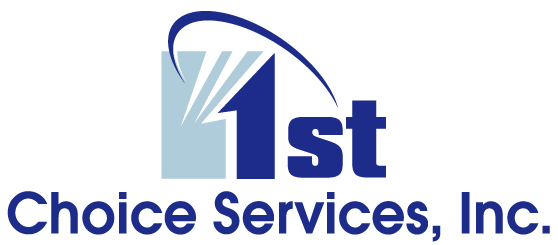

When you buy a home with a mortgage, you will be required to pay all sorts of insurance, including homeowner’s insurance, title insurance and private mortgage insurance. What are all these policies and why do you have to pay for them?
Homeowner’s Insurance
Homeowner’s insurance is a policy that protects you against loss if your property or any structures on it are damaged. This covers damage from fire, storms, and vandalism. If you are unable to live in your home because of one of these issues, the insurance will also cover the cost of temporary housing while your home is repaired. Homeowner’s insurance policies also cover personal property inside the home up to a specified limit. If you have especially expensive items like art or jewelry you may need to take out a larger policy. One extra benefit of homeowner’s insurance is coverage for medical and legal expenses if someone is injured on your property and sues you. Homeowner’s insurance is typically split into monthly chunks and added to your monthly mortgage payment. It is held in your escrow account until payment comes due. It is also possible to pay for your policy in one lump sum each year.
Title Insurance
During the mortgage underwriting process, your lender will order a title search. This is a thorough background check on the property for any liens or other existing claims from former owners or banks. Once the title has been cleared, you can buy the property, but you will need title insurance to continue to protect you from any future claims. This happens most commonly with real estate scams. It is possible for someone to get your personal information and use it to sell your current home without your knowledge. They might also use your info to buy a new property. If anything like this happens, title insurance will cover the legal fees to contest such claims. It is usually paid in one lump sum at the close of the mortgage.
Private Mortgage Insurance
Private mortgage insurance, or PMI, is a policy that you, the homeowner, pays to protect the lender. If your down payment is less than 20%, you will be required to pay PMI to safeguard your lender’s investment in case you default. The policy will repay your lender up to 20% of the loan value if you go into foreclosure. This helps lenders have the confidence that they could resell your home quickly and recoup their origination fees and other costs. While it may seem annoying to have to pay for your lender’s financial protection, it does allow you the privilege of homeownership without having to save up a full 20% down payment.
PMI could cost between 0.55% and 2.25% of the loan value annually. This can be paid once a year in a lump sum or can be split equally each month and collected in your escrow account. The good news is that PMI can be cancelled after your home equity reaches 20% of the home’s value. This can happen faster than planned in hot real estate markets as home price appreciation grows quickly.
Homeowner’s insurance, title insurance and private mortgage insurance are all policies you may be required to pay at the closing of your home sell. Each has a separate purpose and helps to protect either you or your lender in the homebuying process.

